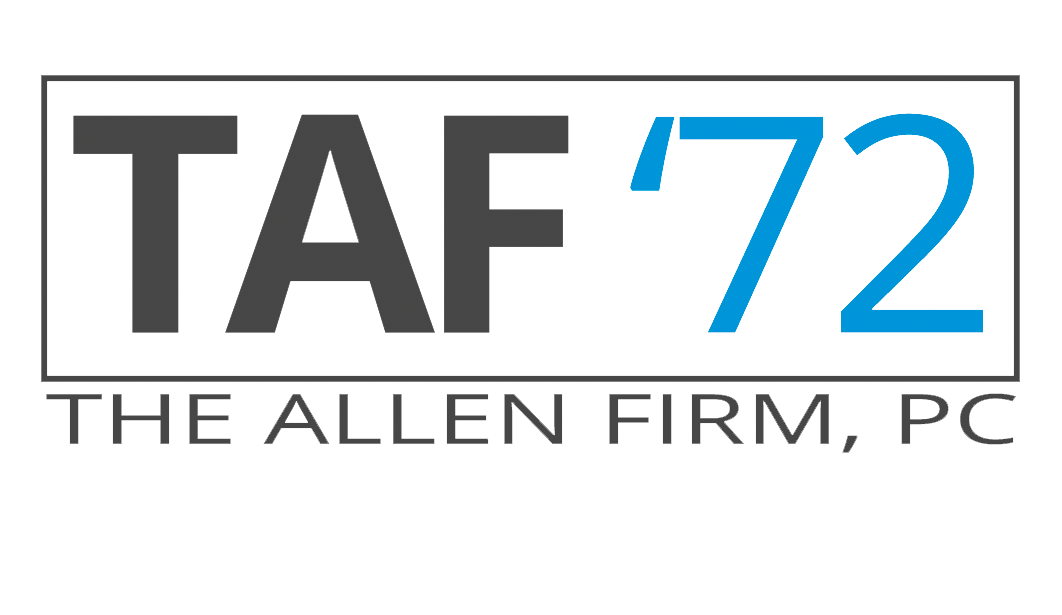Going…Going…Gone!
Wait, a storage facility can sell my belongings?
Imagine sitting down to watch your favorite TV show, Storage Wars, and seeing them selling off your belongings. You would be in shock watching the drama unfold as the auctioneers try to get a better look at your unit. Then, in front of your eyes, it’s sold! This post will help you understand how a unit can be sold to the highest bidder.
In Texas, the owner of the storage facility has the power to sell your belongings if you do not pay for your storage unit. This power comes either from a court judgment or from the contract signed between you and the storage facility. This contract will include language, underlined or in bold print, letting you know that if you don’t pay the negotiated fee then the owner can sell your property.
Here is a checklist that a storage facility owner must follow:
(1) Deliver a Notice of Claim: a notice of claim is the holder of your belongings (we will call them owners) telling you that they intend to sell your belongings if the amount you owe isn’t paid. This notice must contain: the amount that is owed, the owner’s information, a statement that your property has been seized, and a statement that you must pay on or before the 14th day after you receive the notice. This notice must be delivered to you in the manner agreed upon in the agreement signed between you and the owner. This could be by handing it to you personally, sending by email, or regular mail.
(2) Wait 14 Days: the owner must wait 14 days to see if you will pay what you owe before taking any other action.
(3) Publish a Notice of Sale: the notice of sale lets the world know of the owner’s intention to sell. Once the mandatory 14 days is up and you have not paid, the owner must publish a notice of sale. This notice must be published once a week for two weeks in a row in a newspaper of general circulation (a general newspaper is one issued once a week and intended for general distribution not regarding a specific business) where the storage facility is located. After another 14 days of the notice being published, the sale can occur.
-This notice must include: a general description of the property, a statement that the property is being sold to satisfy what you owe, your name, the address of the storage facility, and information about the sale.
-When the owner sells your property, they will not be able to keep any of the proceeds over what you owe them and the cost of the sale. The owner must give the excess back to you. Texas says that you have two years to get the money back, if you don’t, then the owner is able to keep it.
It is important to keep track of your property and keep payments up to date. You can get the property back before the sale by paying what you owe, but once it’s sold, it’s gone (even if the owner hasn’t complied with the checklist). This may seem unfair, but the court doesn’t want to punish a buyer when they bought the goods in good faith (without knowledge that they might have been sold illegally).
THE TAKEAWAY: This advice will help you keep your belongings safe and sound inside your unit and out of the hands of others. Be sure to carefully review the contract between you and the storage facility to see if they included this language. If so, try to keep your payments up to date and if anything occurs that causes you to get behind, be sure that the facility followed the checklist.
– The Business Team
Scott | Josh | Jeremy

